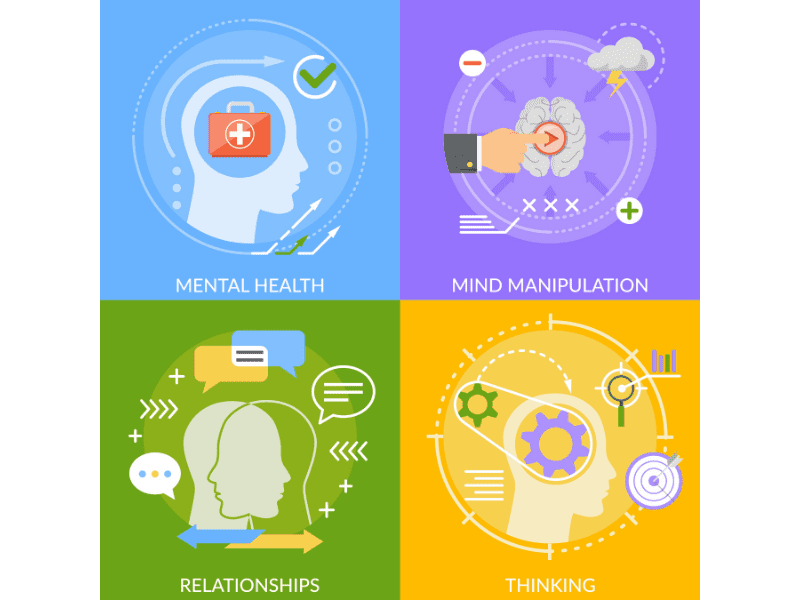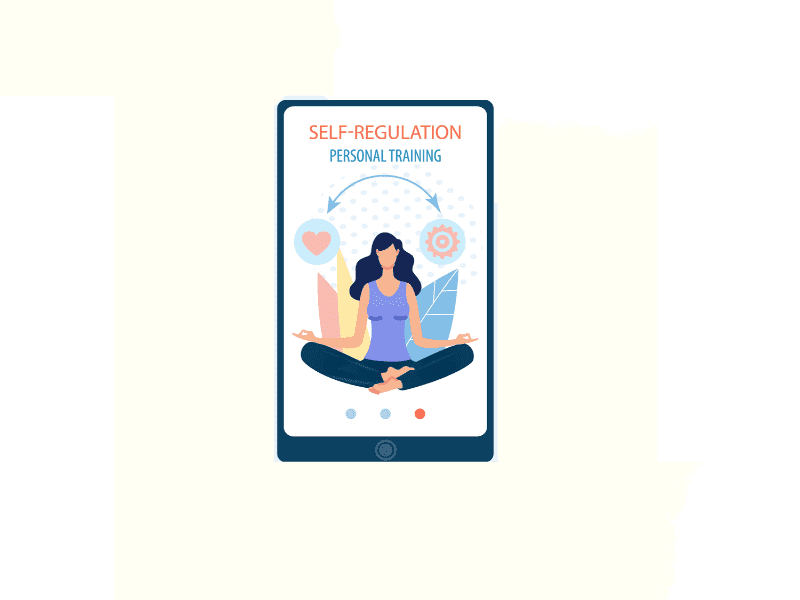In the psychological context, EI is the state where the cognition powers or the reasoning abilities of the brain meet with the emotions of the person. The term was first created by Mayer and Salovey, both psychologists, in the year 1990. To understand how important it is to be high on emotional intelligence, we need first to understand what is emotional intelligence.
What Is Emotional Intelligence?

Emotional intelligence or EI is about being conscious of your own emotions, identifying them, and then knowing how to control them well according to the situation. It is also about understanding the emotions of others around and being able to manage them too.
Emotional intelligence has five components – self-awareness; self-regulation; motivation; empathy; and social skills. Practising EI helps people to deal with their social interactions, disputes, conflicts, stress management and communication with others around them more effectively.
Why Should Your Emotional Intelligence Be High?

Emotional intelligence is a skill that is required in many professions. EI can play a significant role in the professional success of a person because it helps with multi-faceted aspects. From helping enhance work relationships with colleagues and team management to helping handle stress and conflicts, there are plenty of benefits associated with the goodness of emotional intelligence.
People who are low on their EI are:
- Pessimists, overly sensitive
- Get involved easily in arguments and disputes with others
- Are clueless of what others are feeling
- Do not listen to others
- Keep blaming others for problems in their lives
- Give in to sudden emotional outbursts and cannot handle situations that are high on emotions
People who are high on emotional intelligence, on the other hand, are:
- Balanced people who are content with life because they can balance their professional and personal commitments better
- Gracious about every aspect of their lives
- Quite enterprising and curious, thanks to the right use of emotional intelligence in the workplace, to explore possibilities rather than judge people and circumstances on their face value
- People who can handle their emotions more maturely
- People with a resilient nature and more control over emotions
- People who have a high EI index perform better than others
Emotional Intelligence And Women

The good news is that various research in the field of EI proves that women tend to have higher levels of EI – and that is all innate. A study by Hay Group in this context revealed that workplaces that had women leading the team were found to have higher emotional intelligence quotient overall, than places that were led by men.
The reason behind high EI in women is often contributed to the way they are tuned to manage multiple roles as home-makers and in their careers. Plus, in work scenarios, women executives typically need to struggle more than their male counterparts to climb the professional ladder. This coping attitude leads to the development and strengthening of their EI Skills.
Emotional Intelligence And Women Entrepreneurs

When it comes to self-management and relationship management, undoubtedly, women do a better job than men. Since leaders and entrepreneurs need to be empathetic, while completely in control of their own emotions, women leaders at the top mean that the work environment is more humane and compassionate. When the boss at the top is benevolent, teams down the line also tend to be more positively oriented towards team spirit and team bonding.
Neuroscience proves that women are more empathetic than men because of the way our brain processes emotions – our own and that of others. Understanding leaders help create congenial and amicable working conditions, that is ever so important for nurturing an enthusiastic work culture.
The Pillars of Emotional Intelligence In Business

5 Important Components Of Emotional Intelligence
- Self-Awareness – It is about knowing more about your emotions and how they influence your decisions and the people around you
- Self-Regulation – Is about controlling emotions so that one does not rush into making decisions about people, situations and circumstances
- Motivation – This is about being self-motivated so that one works with persistence, consistently towards achieving their goals
- Empathy – Empathetic-natured people can understand how others are feeling, putting themselves in the other person’s shoes
- Social Skills – Being high on EI enables people to communicate impressively and impactfully. They have the right element of enthusiasm and excitement and also a level of perseverance that can motivate others to give their best
The presence or lack of these five elements in a person determines how good or bad the person is as a leader.
Leaders are people who are quite high on their emotional intelligence – in fact, a good leader is one who is emotionally in control and is also compassionate at the same time. Leadership skills are so very crucial in the effective running of a business. This goes to say that emotional intelligence in business is an aspect that entrepreneurs and leaders need to possess in higher amounts vis-a-vis the others down the line. This is why entrepreneurs need to work concertedly towards developing emotional intelligence in themselves.
Developing Emotional Intelligence Skills

Now that we understand what is emotional intelligence, the connection between emotional intelligence and leadership, and the five elements that constitute the essence of EI, we need to understand the ways to develop this skill to become effective entrepreneurs and leaders.
5 Concrete Ways To Improve Your Emotional Intelligence Skills
1. Self-Awareness

To get a hold on your emotions, you can start to maintain your daily diary where you can write out your thoughts every day. What you need to do is to go slow, analyse situations and your reactions before emoting.
2. Self-Regulation

To start being in control, you need to be very clear about the values that are dear to you; ones that you will not compromise with. This is the way to regulate your thoughts and emotions. It would be best if you started behaving responsibly where your emotions are concerned and are ready to face the consequences. You can take up breathing exercises, meditation or any other self-management techniques like anger management so that you can handle the situation in the best possible manner.
3. Motivation

Emotional Intelligence and leadership are closely associated. As leaders, you need to keep motivating your team; your people. People who are high on EI can successfully do so. To keep motivating yourself and others, you need to keep assessing situations and conditions to understand if you are happy doing what you are doing. A lot of self-analysis needs to be done to understand if you are motivated enough to inspire others. Keep your hopes up and be optimistic so that you can spread the same spirit around.
4. Empathy

Leaders need to be empathetic – put themselves in the other person’s shoes to be able to lead fairly and effectively. How to become more empathetic? Start by practising – see others’ viewpoints and analyse, try to interpret the body language of others and gain knowledge about understanding non-verbal language. Also, try to address the feelings of others to work out realistic solutions.
5. Social Skills

Working with emotional intelligence, you will be able to acquire skills that will help you with conflict resolution, enhance your communication skills, and also learn how to give positive feedback, praise and encourage others.
Case Studies

Let us look at case studies to showcase the relevance of emotional intelligence in the workplace. Also, see how leaders and entrepreneurs are working with emotional intelligence to become better leaders and drive enhanced performances from their team.
In the competitive market scenario today, Company A faces an increasing number of customer complaints, dwindling sales and revenues, and high employee turnover. How to deal with a situation like this? The best way is to get a leader who is high on emotional intelligence. This person will:
- Primarily assess the situation to understand what is going wrong
- Will identify champions who can lead and take up managerial roles to offer proper guidance to team members
- Will assess if there is transparency in the way that business is being conducted
- Develop a training and coaching program that will detail out and cover all aspects of emotional intelligence behaviours
- Incorporate a proper recognition scheme so that people who are doing good and performing well are awarded and acknowledged
- Develop a strong communication system within the workplace so that internal and external communication systems are emphasised and strengthened
- Help develop a culture that aids employees to work out a proper life-work balance so that employees and team members are inspired to work better
- Ensure that fundamental values like punctuality, use of proper body language and other corporate values are adhered to effectively
All these ways shall help the leader to motivate and promote emotional intelligence in the team, which results in positive outcomes.

